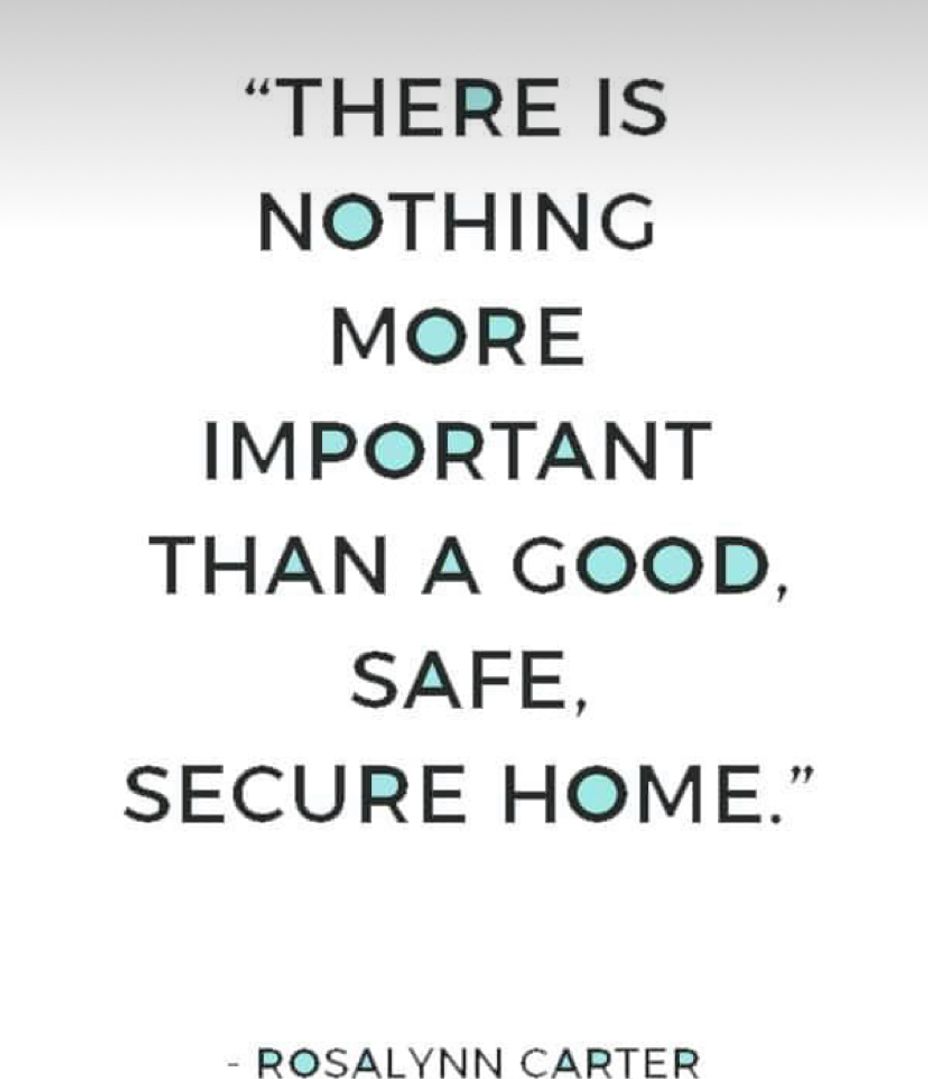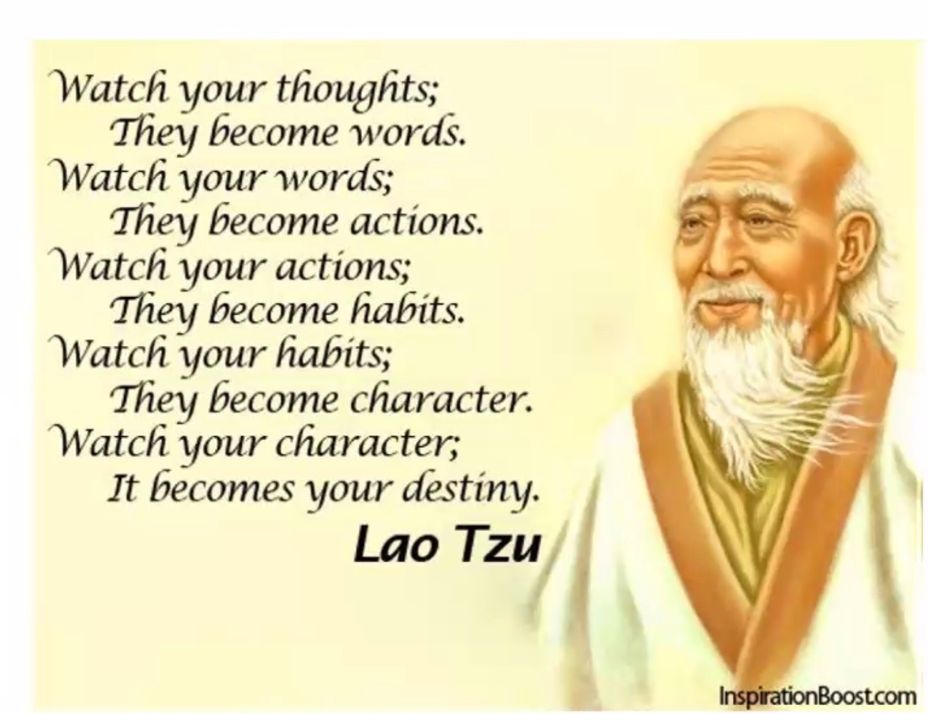The Quiet Healing of an Older Soul
#MentalHealth #MensMentalHealth #healingjourney #olderandwiser #MentalHealthAwareness #menandmentalhealth #growth #PeaceOfMind #resilience #keeppushing #healingtakestime #emotionalstrength
I woke up today feeling something I haven’t felt in a long time #peace . Not the kind that comes from everything going right but the kind that comes when you finally stop fighting what’s out of your control.
As an older man, life has taught me lessons I didn’t ask for. I’ve walked through anger, loneliness, disappointment and silence that could swallow a person whole. I used to carry everything inside, thinking it was strength until it started breaking me quietly.
There was a time I couldn’t recognize myself. My temper was short, my patience even shorter. I pushed people away without meaning to. I told myself I was fine when, deep down, I was falling apart. But age has a way of softening a man. It humbles you. It teaches you that healing isn’t about forgetting the pain; it’s about learning to live beyond it.
These days, I take things slower. I listen more. I spend more time outside, breathing in moments instead of rushing through them. My mind still gets loud sometimes but now I know how to quiet it with prayer, reflection and gratitude for simply being alive.
I’m not fully healed yet but I can say this: I’m no longer who I was. And maybe that’s enough for today.
If you’ve ever been through a similar journey; if you’ve had to rebuild yourself quietly... I’d love to hear how you found your peace too.








